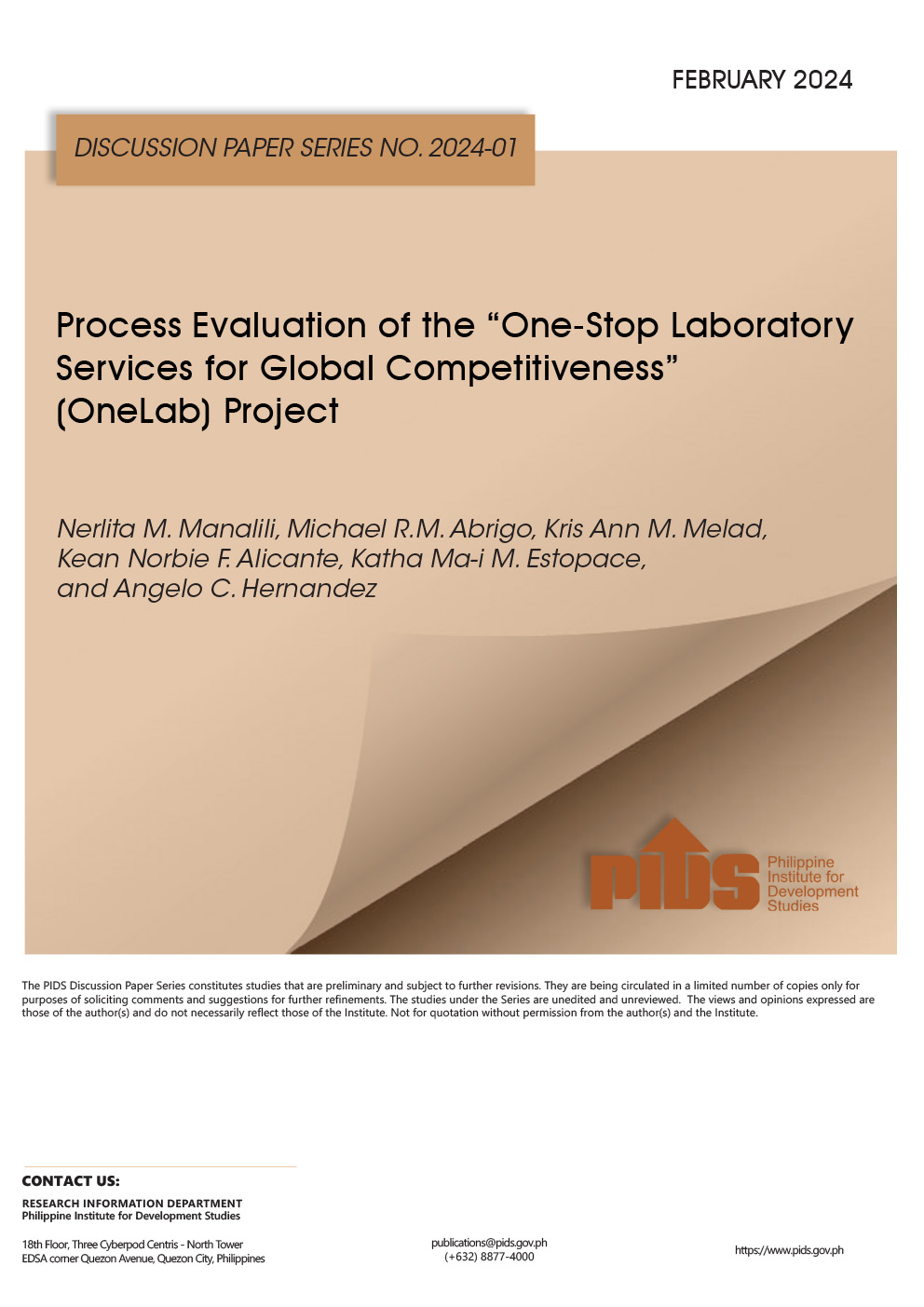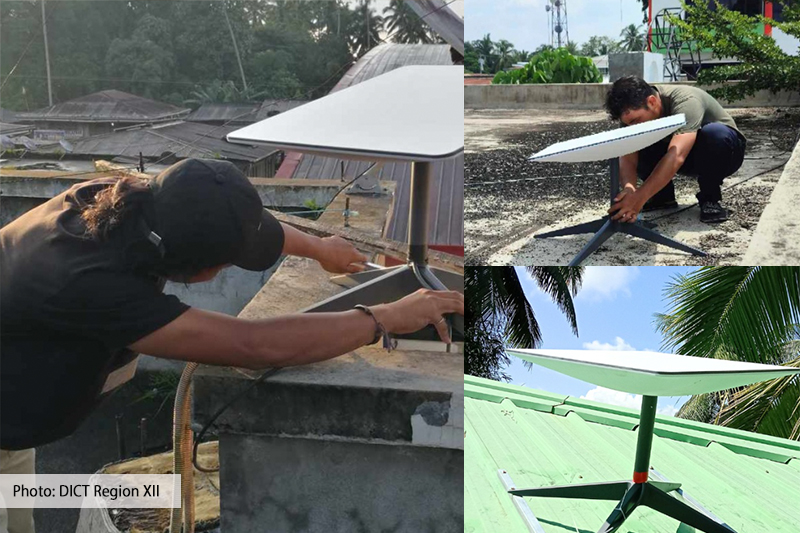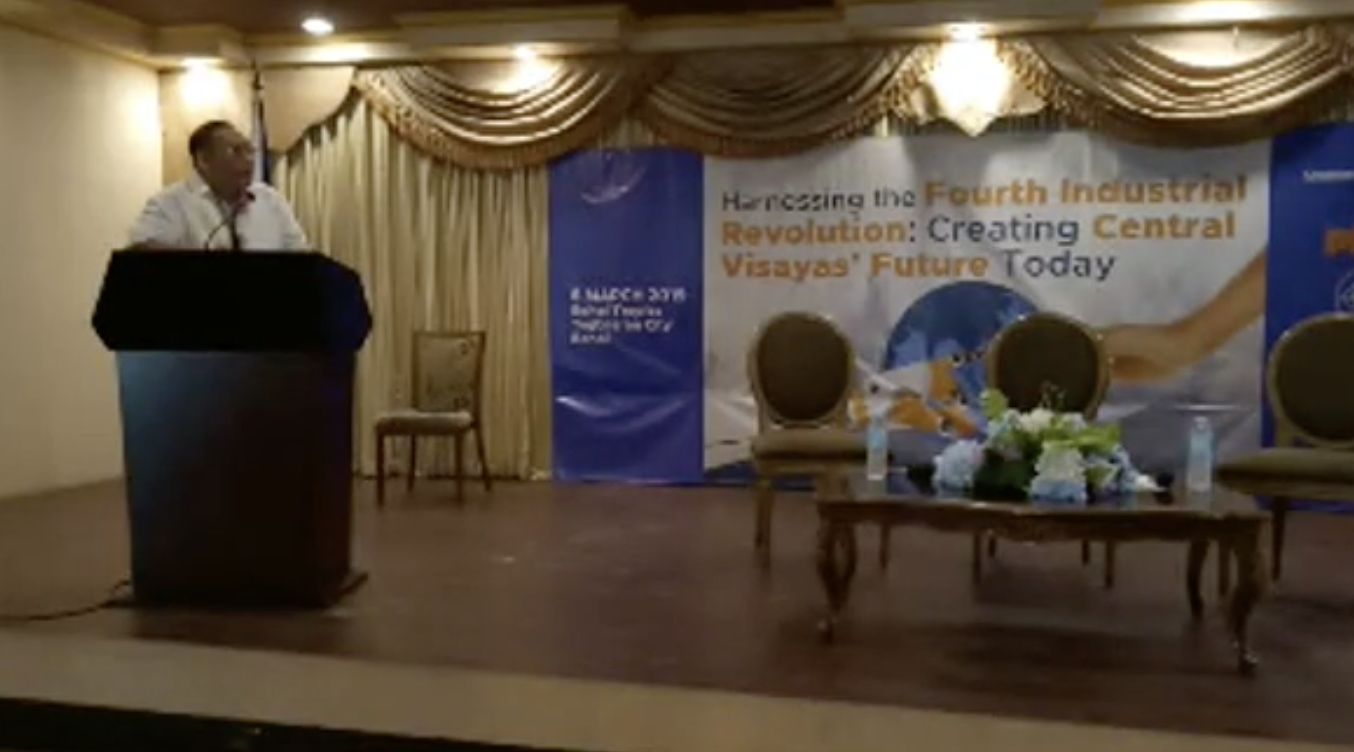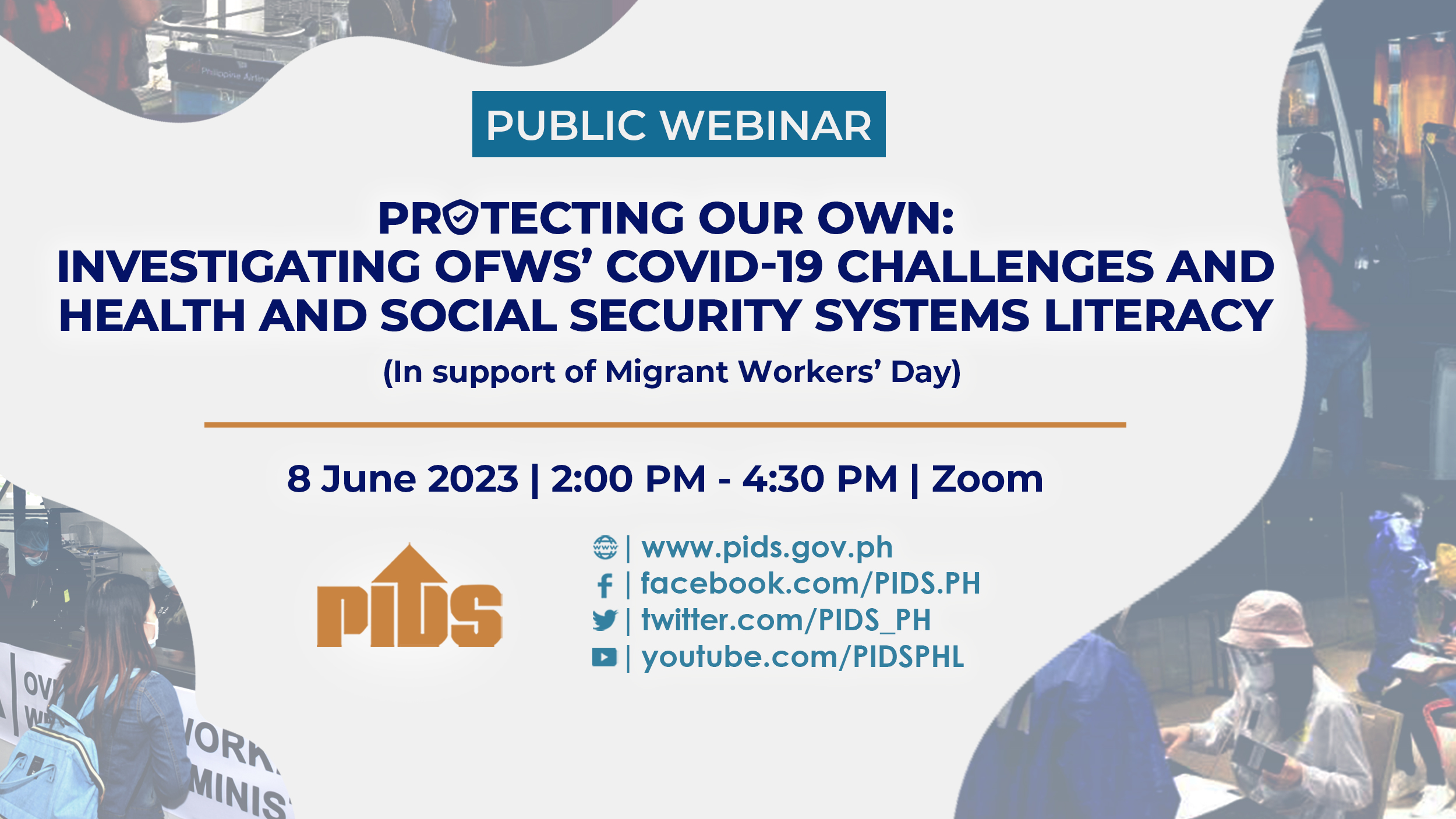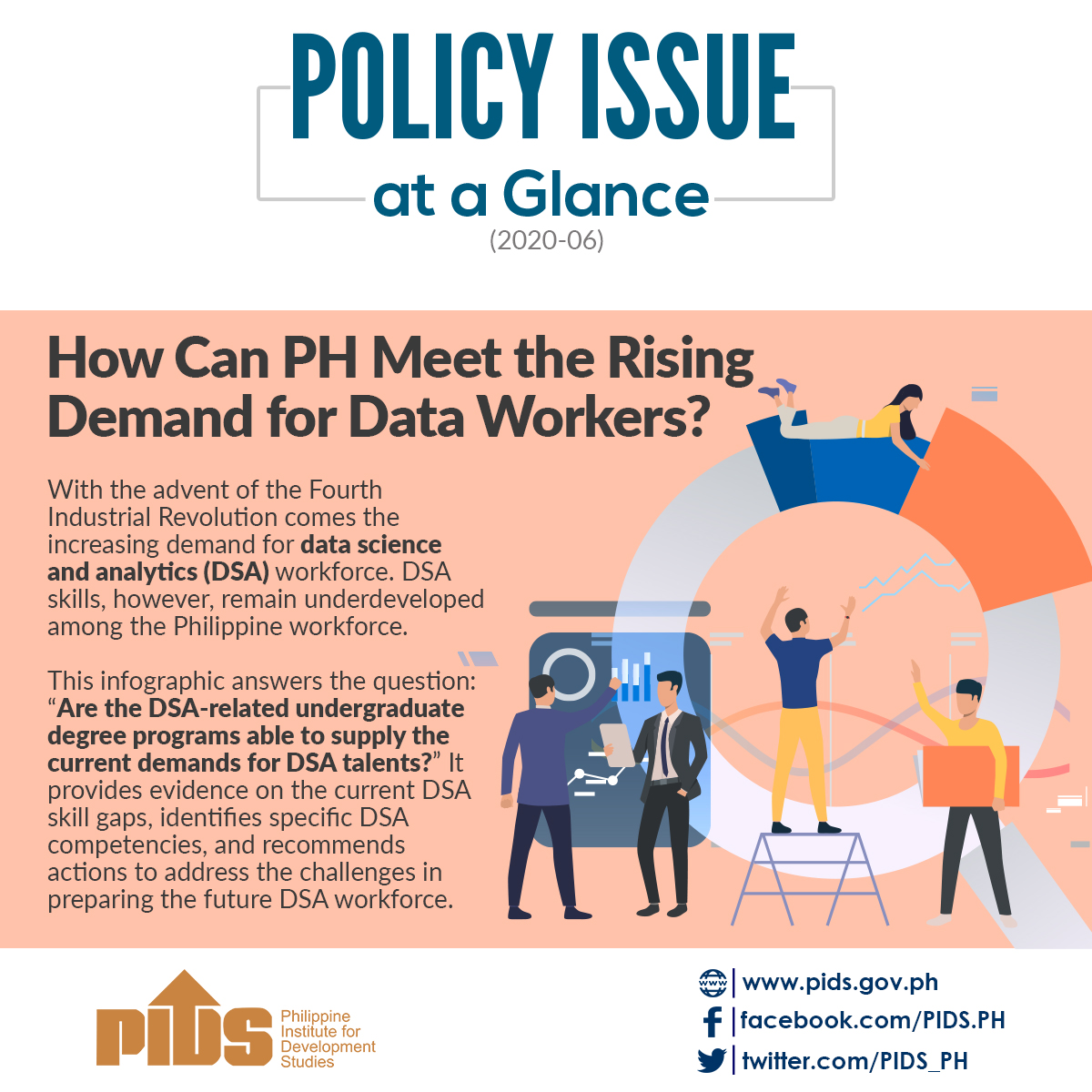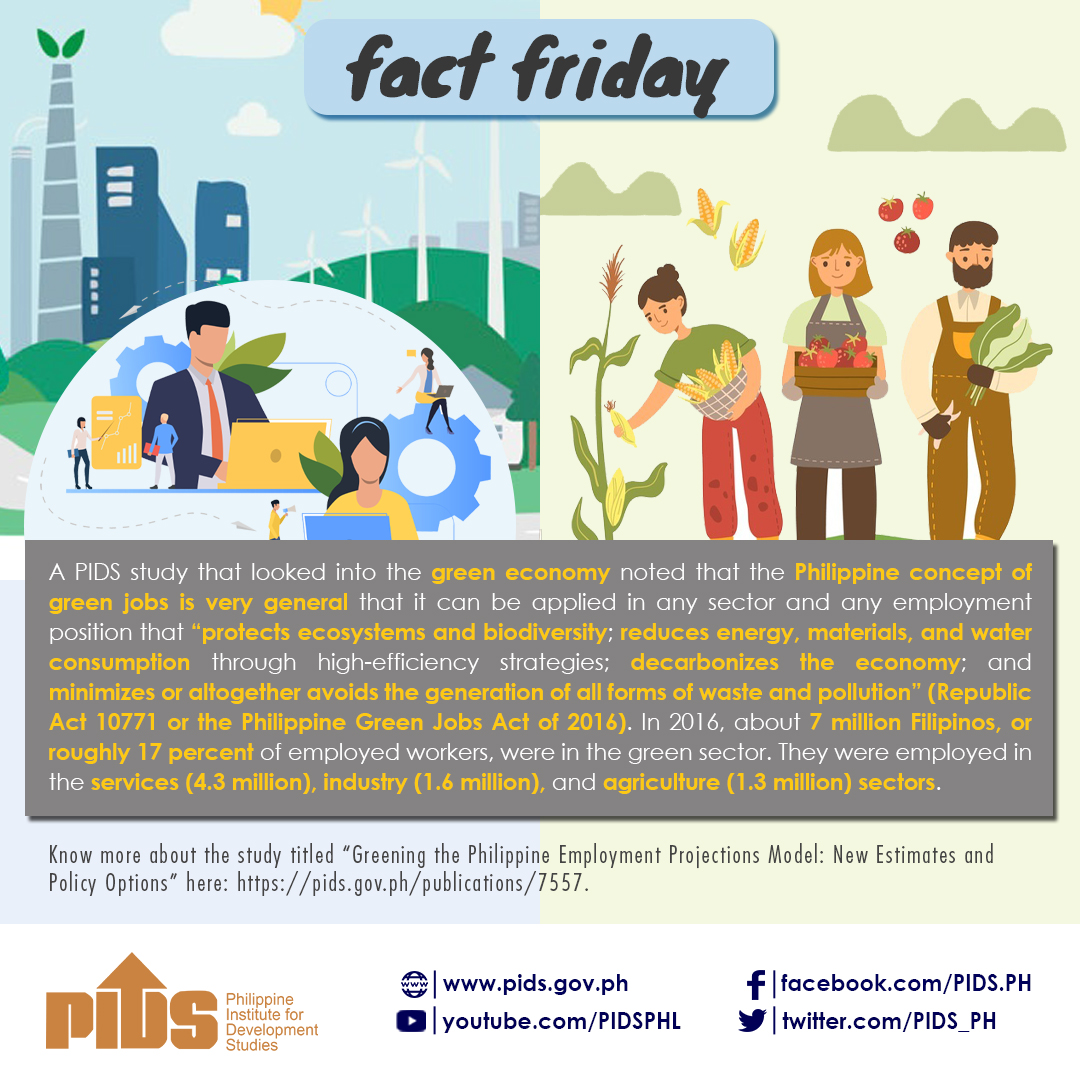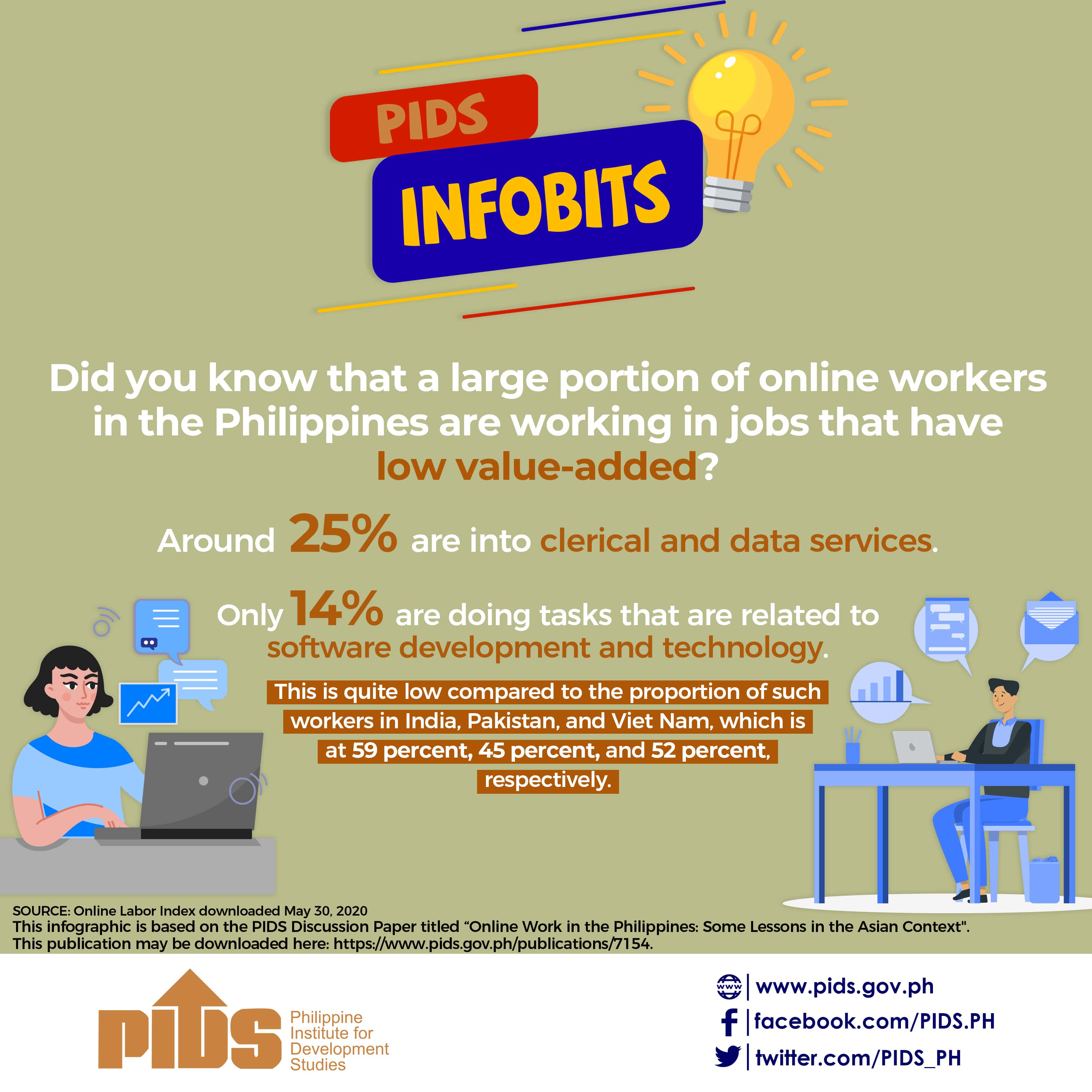The recently concluded Annual Public Policy Conference of the Philippine Institute for Development Studies (PIDS) aptly entitled “Harnessing the Fourth Industrial Revolution (FIRe): Creating Our Future Today” aims “to promote awareness and understanding of the FIRe and encourage everyone to be proactive in preparing for and adapting to the changes that come along with this industrial era.” According to the World Economic Forum, FIRe is building on the third industrial revolution, which focused on the digital revolution but this era is “characterized by a fusion of technologies that is blurring the lines between the physical, digital, and biological spheres.” Artificial intelligence and virtual reality are just some of the tools of this rapid technological change.
A lot of the advances that emanated from the third to the fourth industrial revolution points to the total automation of people’s lives, both personally and professionally. The growth of the internet, coupled with ever-stronger smartphones, has led to the proliferation of technologies that can easily replace people. For example, most people avoid lines in the bank by maximizing online transactions, which replaces tellers and reduces available jobs. It is no wonder that people, especially the young, are anxious about job security, tenure, and options.
This anxiety raises the question, “What should I learn today so that I’ll have a job in the future?,” which was posed in the Harvard Business Review Online article entitled “Seven Skills That Aren’t About to be Automated” by Adam Gustein and John Sviokla. This question is not only for jobseekers but also for senior high students choosing a college course. Important as well would be to know how current employees can avoid the chances of being relieved by newly minted robots.
In spite of the doom and gloom raised by the prospect of robots taking over the world, Gustein and Sviokla shared “seven skills that can not only make you unable to be automated, but will make you employable no matter what the future holds.” First would be communication skills that are “essential for getting people’s attention and moving them to action.” The authors said that “in effective communication, story and fact, rhetoric and science intertwine to enlist the emotions of others to take action on a topic or an initiative.” Computers and robots are not yet programmed for such, and do not have the necessarily soft skills and abilities to communicate compellingly.
The second skill that won’t be automated is “content,” which is a “combination of expertise and the ability to move new knowledge forward.” In this case, even if Google would most likely know all our expertise, it wouldn’t have the capacity to share these insights with stakeholders and make the world a better place.
The third skill is “context,” which cannot always be automated because of the environment one works in. Automated systems are said to be bad at recognizing context because they are modeled on old data, which may no longer be reliable. What is needed is the ability to develop one’s knowledge about contextual understanding (for example, the dynamics of two competing firms) to come up with decisions that are backed not only by previous data from the model but by various contexts as well.
This also relates to the fourth skill, which is about “emotional competence,” which “involves persuading individuals and groups by evoking emotion (while simultaneously recognizing that some team members don’t buy into what you’re saying).”
Teaching is the fifth skill that won’t be automated in spite of the presence of MOOCs and other learning management systems. Outside of the academe, the authors recommend that leaders work personally in identifying gaps in knowledge and skills and fill these up accordingly. Thus, leaders are teachers as well.
The sixth skill is “connections,” which cannot be entirely automated even if social media has made it easier to create and traverse personal networks because “humans manage the shape and tenor of those connections.”
The last skill is “an ethical compass,” which is not easily modeled into an algorithm and cannot be wholly automated. Thus, the “future workforce must possess strong moral values” to counter the absence of an ethical compass in the organization and to make them ready for the FIRe.

